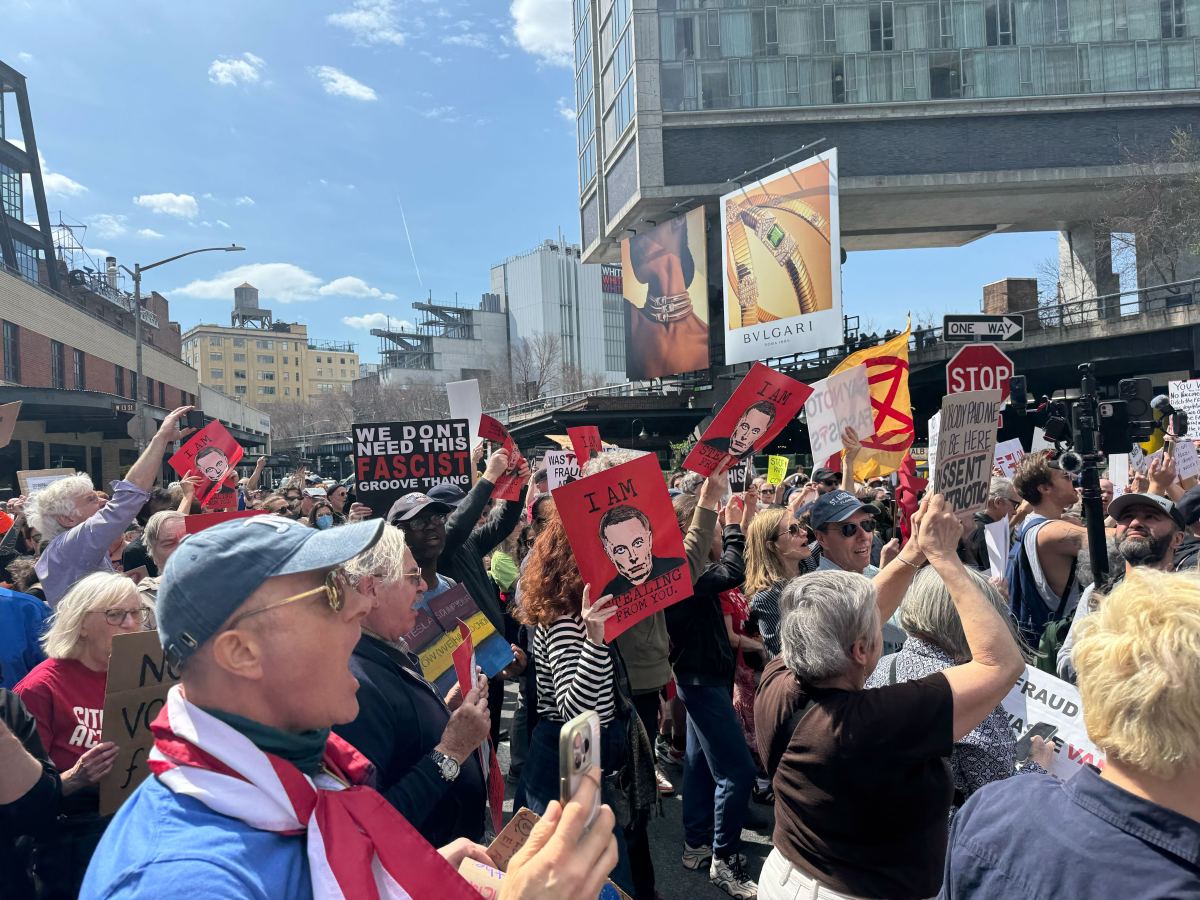Global demonstrations targeting Elon Musk and Tesla have intensified, prompting the company to formally acknowledge these events as a potential threat to its operations. In recent regulatory filings, Tesla updated its risk factors to include the impact of widespread protests linked to Musk’s political affiliations and public statements.
The automaker’s revised disclosure to the Securities and Exchange Commission now explicitly states that public criticism has “incited protests, some escalating to violence targeting our operations, products, and personnel.” This marks a significant shift from previous filings that focused on general third-party commentary rather than direct activist campaigns.
Financial reports released alongside the updated risk assessment reveal a 71% year-over-year decline in automotive profits, with company leadership acknowledging protest-related disruptions during earnings discussions. While Tesla maintains no proven connection between organized demonstrations and property damage incidents, the inclusion of protest risks in official documents suggests growing corporate concern.
Activist groups coordinating global “Tesla Takedown” events hailed the regulatory disclosure as validation of their efforts. A coalition representative stated: “When corporate filings recognize grassroots movements as operational risks, it demonstrates the power of collective action in holding corporations accountable.”
Industry analysts note that while risk factor language often remains broad, the specific mention of protest-related consequences reflects Tesla’s challenges in separating its brand identity from Musk’s polarizing public persona. The situation highlights increasing investor scrutiny of how executive conduct and political entanglements might affect corporate stability.















